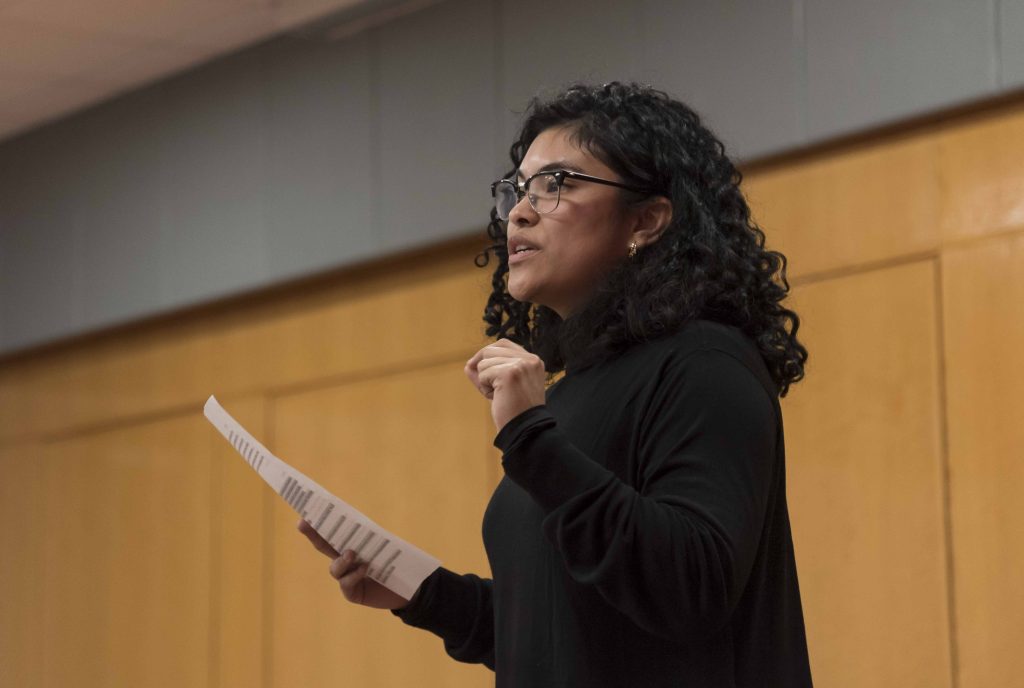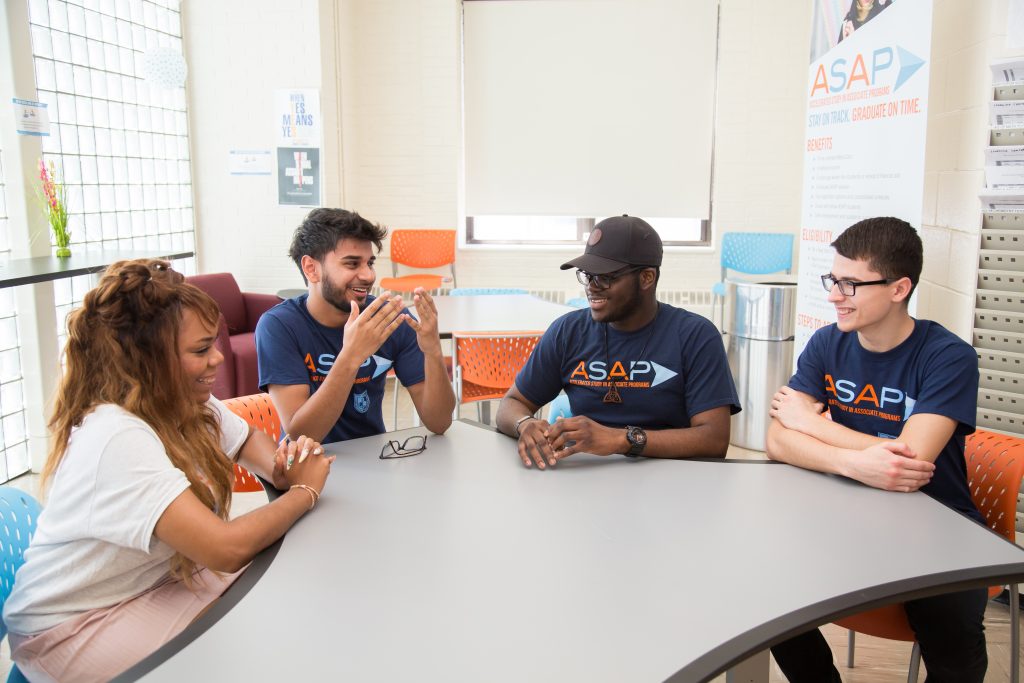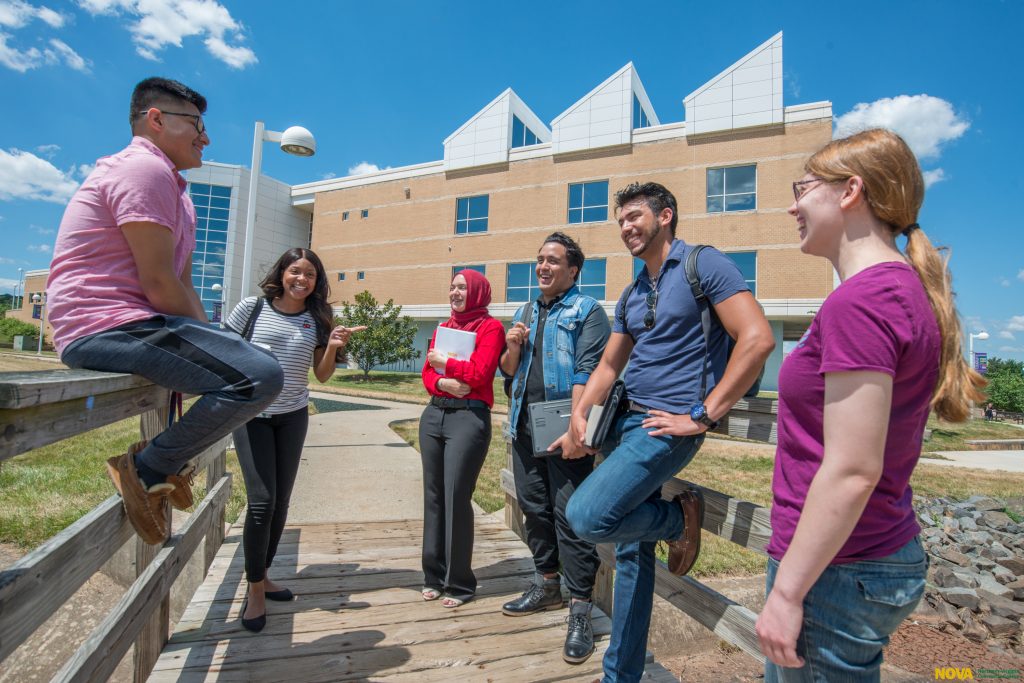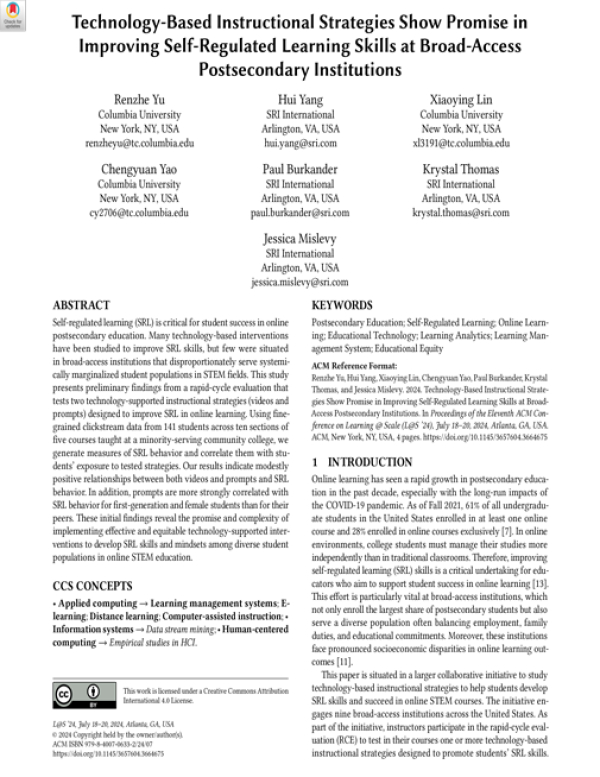Teaching & Learning
What happens in the classroom is central to a student’s college experience. CCRC investigates how community colleges can support instructors’ professional development and create more enriching learning environments for students.
Fast Facts
Effective instruction is central to a range of ongoing reform efforts in community colleges, including addressing persistent student equity gaps. But professional development is often limited.
In community colleges, more than two thirds of instructional faculty are employed part-time, and more than half of course sections are taught by part-time faculty.
Just under 60% of public two-year college students take online courses, compared with 36% before the COVID-19 pandemic.
National data sources do not offer estimates of the number of English learners attending two-year colleges, but enrollment trends suggest the number is growing.
Why We Study Teaching and Learning
Community colleges are teaching institutions. Across CCRC projects, researchers are seeking to better understand what effective teaching looks like and to give instructors the tools to strengthen their teaching. CCRC is investigating how better teaching can be a critical component of broader reforms to developmental education, workforce programs, online courses, and whole college reforms such as guided pathways.
One strand of the research examines the programs teaching English as a second language (ESL) in community colleges and the broad diversity of their students. With long course sequences and complicated performance requirements, ESL programs are a potential next frontier for reform. CCRC’s research also looks at ways to diversify STEM programs and improve student outcomes in these in-demand fields and investigates ways to strengthen STEM, humanities, and other academic programs so they lead to transfer to bachelor’s programs and improved economic outcomes for students. In collaboration with SRI Education, CCRC is looking at how teachers can help students develop skills such as planning, reflection, and metacognition that are essential to effective learning.

Featured Project
CCRC is partnering with SRI Education and Achieving the Dream to study how faculty can help students develop mindsets and strategies that support success in online courses.
“At the community college, the faculty member is so important to the student having a sense of belonging. The classroom experience really can drive students' interest in their careers in a really meaningful way.”
Susan Bickerstaff
Senior Research Associate
Findings From CCRC Projects on Teaching and Learning
Adjunct instructors often work part-time on term-by-term contracts, but they are a majority of the teaching workforce at community colleges. While the teaching quality of adjunct faculty has often been called into question, CCRC research suggests they do not provide lower quality instruction than their full-time peers. However, inadequate institutional support for adjunct faculty members may negatively affect student persistence.


Lesson Study is a structured, collaborative professional development intervention in which instructors work together to closely examine their teaching and develop lessons through cycles of planning, teaching, and revision. CCRC researchers found that Lesson Study is a promising professional development approach that has helped faculty adopt new teaching practices. However, launching and sustaining the initiative is time intensive and may require cultural shifts in professional learning norms.

CUNY Start is a prematriculation program designed to help City University of New York students with substantial basic skill needs succeed in college. It provides intensive instruction in reading, writing, and math, as well as wraparound supports by advisors and tutors, and a weekly seminar that addresses college success skills. CUNY Start’s professional development model, which supports postsecondary instructors in enacting a student-centered, conceptually oriented instructional approach, contains broader lessons for improving teaching in higher education.


Caring Campus is an initiative designed to increase students’ sense of belonging in college by cultivating specific student-centered actions among faculty and staff. Faculty implement behaviors that include using students’ names and meeting with students one-on-one early in each term. A CCRC study found that Caring Campus has the potential to provide meaningful support to students who may need help and encouragement to persist in college.

Teaching in Workforce Programs
Community college workforce training programs need to keep up with new technologies students will encounter on the job and develop skills that will enable students to grow throughout their careers. Employers are looking for workers with foundational skills in math and English, technical and professional skills, and digital literacy. In response, a CCRC study on preparing students for middle-skill jobs found that colleges should:
reassess how they meet the math needs of workforce students
do more to help workforce students develop digital literacy skills
provide more work-based learning opportunities
Further Reading
Teaching and learning
Our Teaching and Learning Experts
Read More
View all of our publications on teaching and learning.










